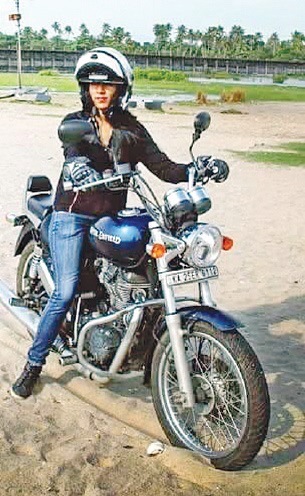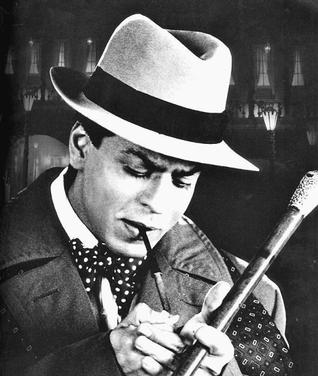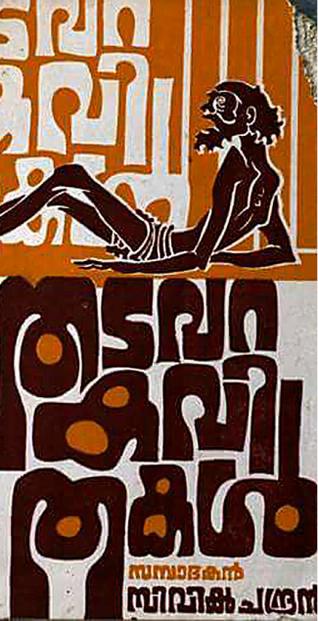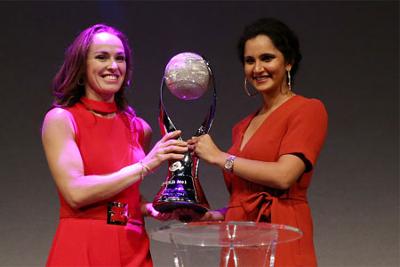The death of Mohammed Bafanna, who used to run Haziq-N-Mohi, has come as a shock to lovers of rare books
At about 3 a.m. on October 17, 67-year-old Ahmed Bin Mohammed Bafanna breathed his last at his house in the lanes of Himmatpura near Charminar. While many may not be aware of his existence, his passing away has come as a shock, especially for Urdu and Persian literature lovers, who would contact him whenever they needed rare books which they could not find.
And nobody knows the importance of Haziq-N-Mohi Rare Book Suppliers, Buyers and Exporters better than 42-year-old Khaled Bafanna, the youngest of the late Mr. Bafanna’s siblings. “He had been running the store for about 50 years, selling rare books and buying them. We have now got two book experts to help us in running the shop, which all of us brothers will run together,” said Khaled. Situated in a small lane after Chowk Masjid near Laad Bazar area, Mr. Bafanna’s book store is one place where anyone looking for something different or a particular book from a certain period would never be disappointed.
The 50-year-plus old shop was set up by him after he inherited his grandfather’s collection of books from his library. Later, he began purchasing books from Nawabs and others, who sold their books to add to his collection. “He was introduced to Persian, Urdu, English and French literature by our grandfather Salim Bin Ali Bafna Jamedar, who came here from Yemen, and used to work for the then Nizam government,” said Khaled. With the passing away of Mr. Bafanna, his siblings have vowed to run the shop with the same passion their oldest brother had for it. “It’s a big responsibility. Ahmed had a good knowledge of books, as he was with our grandfather, who had a vast collection of books and who also loved him the most. Later, while in college, our brother began collecting books and started the shop,” explained Khaled. In fact, their oldest brother’s passion was so well known at the Sunday morning book bazaar at Abids that sellers would call him and inform him whenever they had any rare book.
Ever since his demise, Khaled has been receiving calls from different countries, who are their customers. Apart from the two experts they have sought help from, his two nephews will also soon help them run the shop. “More than selling, he loved collecting rare books, which was his passion. For that, he had even learnt French apart from Arabic and Persian,” said Abdallah Bafanna, another sibling.
Both the brothers said that their oldest brother did not suffer from any acute illness, and that Mr. Bafanna’s death came as a shock to them as well. “He just had fever and cold from three days before he passed away. In fact, the doctor had also checked his health a day before, and said that he could start working again from the next day,” said Khaled.
Among others, Mr. Bafanna had also supplied Persian sources to author William Dalrymple for his book White Mughals . Having never married, he was the oldest among seven siblings, out of which five are alive today. The shop would be open from October 26, said Khaled.
He had been running the store for about 50 years. We now have got two book experts to help us in running the shop, which all of us brothers will run together / Khaled Bafanna – Mohammed Bafanna’s brother
source: http://www.thehindu.com / The Hindu / Home> News> Cities> Hyderabad / by Yusus M. Lasania / Hyderabad – October 27th, 2015














